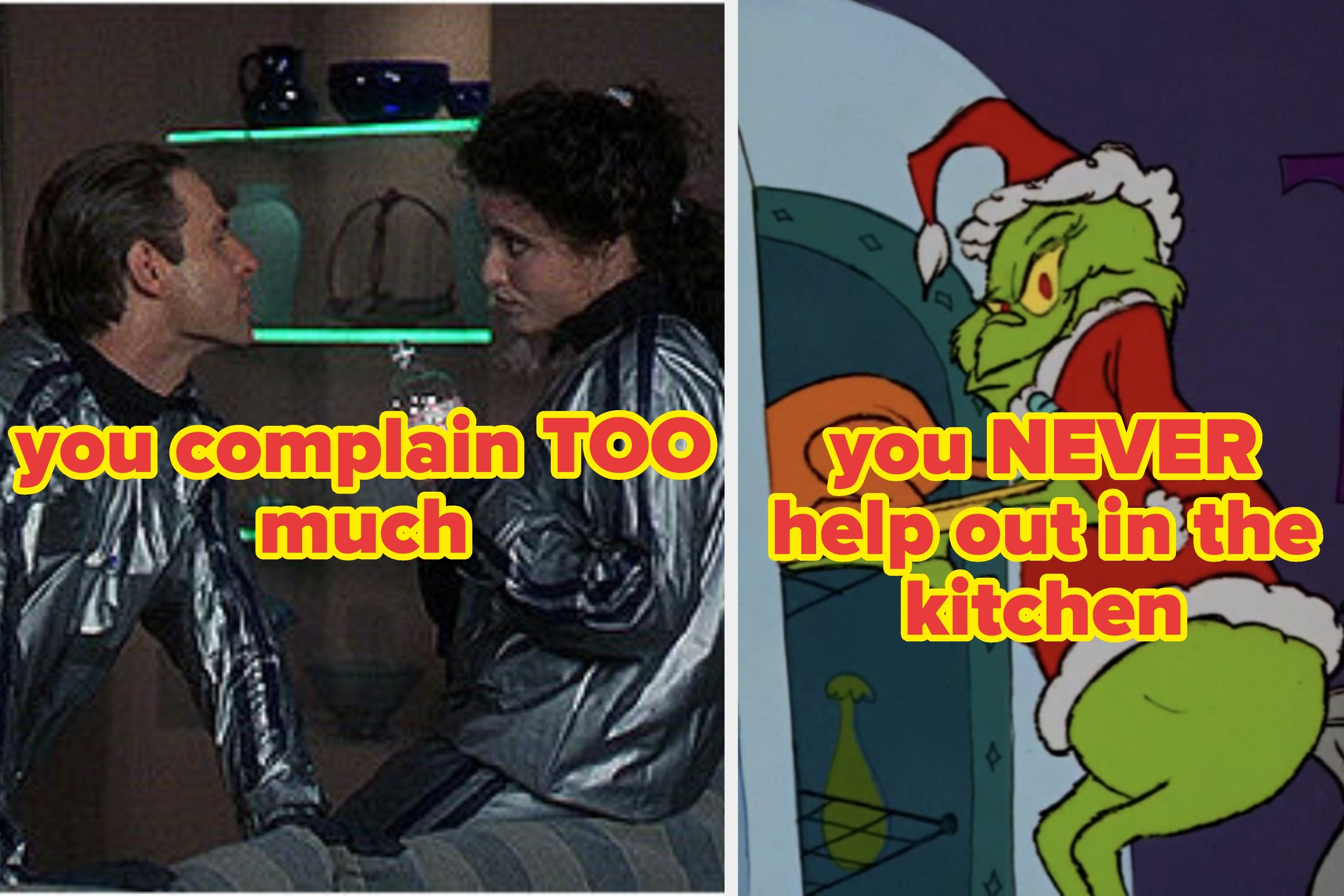 While Jennifer Westfeldt's script for "Friends With Kids" doesn't give him many lines, little Joe, nearly two years old by the end of the story, returns an explosive performance. There's a de rigueur diarrhea incident, of course. But he's a massive character for another reason. His gravitational pull on parents Jason and Julie (Adam Scott and Westfeldt, who also directed the movie and gives an easy, believable, and deeply moving performance), is irresistible. Jason proudly proclaims his and Julie's aversion to organized religion. In the opening scene, we see a copy of Richard Dawkins' The God Delusion next to his bed. But when it comes to marriage, at least insofar as the sacramental notion of families being one flesh is concerned, "Friends With Kids" is as traditional as Gen. 2.
While Jennifer Westfeldt's script for "Friends With Kids" doesn't give him many lines, little Joe, nearly two years old by the end of the story, returns an explosive performance. There's a de rigueur diarrhea incident, of course. But he's a massive character for another reason. His gravitational pull on parents Jason and Julie (Adam Scott and Westfeldt, who also directed the movie and gives an easy, believable, and deeply moving performance), is irresistible. Jason proudly proclaims his and Julie's aversion to organized religion. In the opening scene, we see a copy of Richard Dawkins' The God Delusion next to his bed. But when it comes to marriage, at least insofar as the sacramental notion of families being one flesh is concerned, "Friends With Kids" is as traditional as Gen. 2.Buddies since college who claim they're not attracted to each other, Jason and Julie become brave domestic reformers. They observe that the sex lives of their married friends deteriorate after they have kids. So they decide they can leapfrog the dictates of natural and family law by having a baby, parenting as friends without putting anything in writing, and then finding partners whom they love and will have spared the rigors of early childhood. No, they don't really think it through.
Before cheerful little Joe drags them back into the prevailing paradigm of familial enslavement, one couple in their circle, Alex and Leslie (beautifully played by Chris O'Dowd and Maya Rudolph), makes it through the fire swamp of child-rearing, while Missy and Ben (Kristen Wiig and Jon Hamm) don't. Many of these players are from "Bridesmaids," and I expected Wiig's to be a comic performance instead of a finely-etched tragic one. Hamm is outstanding as well, his despair and frustration seeming to totter on the edge of violence. Their marriage explodes in a merciless scene that occurs over a New Year's Eve dinner (shades of "Who's Afraid Of Virginia Woolf?"). Jason and Julie have dragged along their current partners, played by Megan Fox and Edward Burns, who look great on paper and screen but whose long-term prospects are, one always senses and especially so at the New Year's dinner, poor. The writing's already on the nursery wall, where a sign reads "Joe."
After all, Jason and Julie begin with the deeply traditional idea that creating and rearing children are imperatives of human relationship. They live in apartments a few floors away and cheerfully share duties and expenses. A few months after Joe's birth, their married friends arrive for a party, expecting the experiment to have dissolved into chaos. Instead, Julie's apartment is perfect. She and Jason are cheerful and attentive to each other and their guests. She sees to the quiche while he goes to change a diaper. The marrieds are slack-jawed as a perfect afternoon unfolds right out of the pages of "Real Simple." But Julie and Jason aren't succeeding because they're unmarried. Married people can act like that, too. All people can. They're succeeding because they're serving and supporting one another in a good purpose, aka our relentless buddy Joe, which ends up being the source of their and all enduring passion.








No comments:
Post a Comment